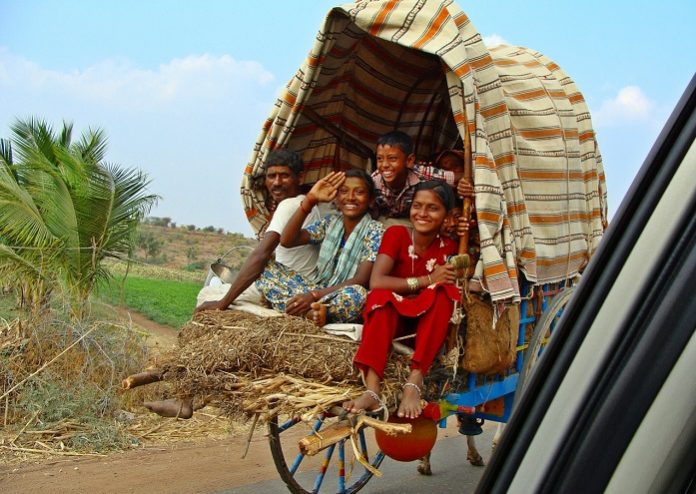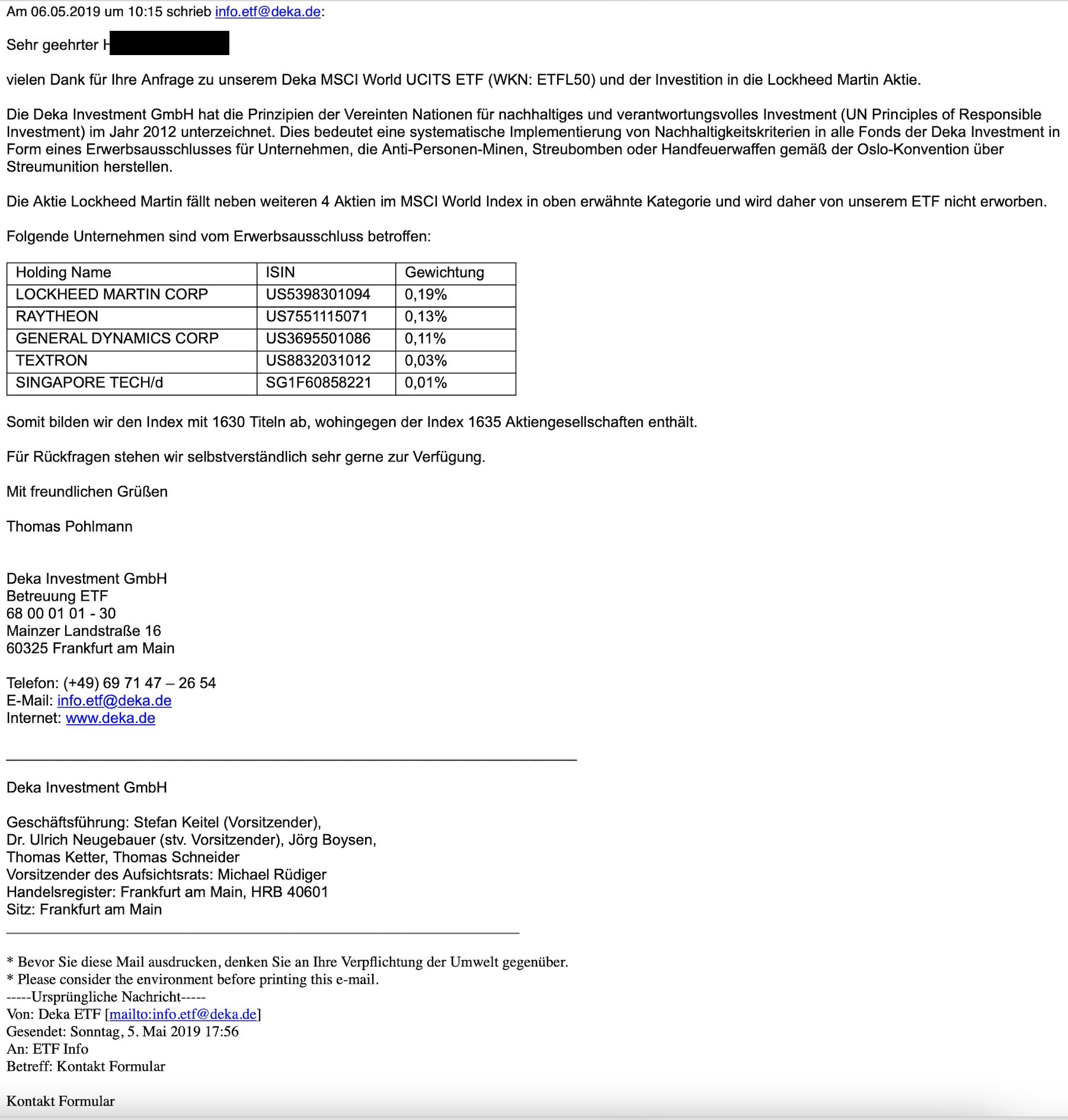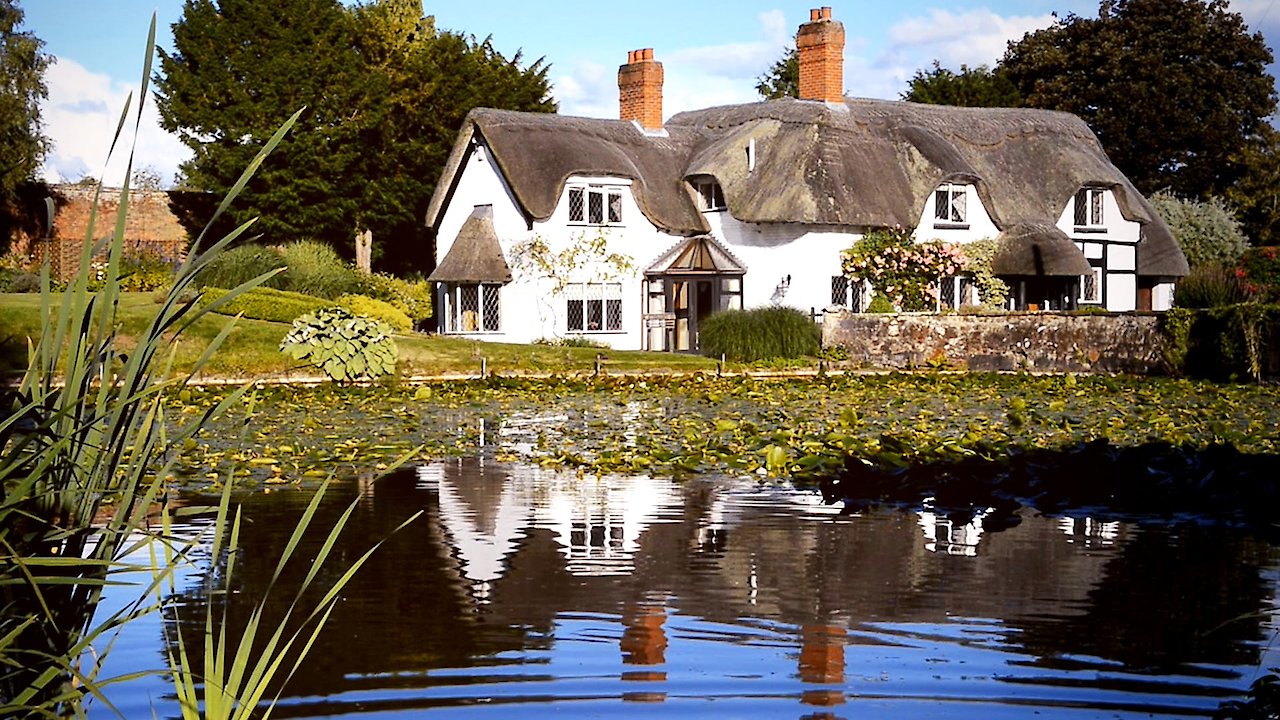Your Escape To The Country Awaits: Choosing The Right Rural Property

Table of Contents
Defining Your Rural Lifestyle
Before you start browsing listings for country properties, it's crucial to define what kind of rural life you envision. This will significantly impact your property search and ensure you find a home that truly fits your needs.
What kind of rural life are you seeking?
- Farming/agriculture: Are you looking to actively cultivate land, raising livestock or growing crops? This requires significant land acreage and specialized knowledge.
- Hobby farm: Do you dream of keeping a few chickens, growing a vegetable garden, and enjoying the simple pleasures of rural life without the intensive demands of full-scale farming?
- Weekend retreat: Will your country property be a place to escape the city for relaxing weekends and holidays? This might prioritize proximity to major roadways and amenities.
- Full-time residence: Are you planning to relocate permanently to the countryside? This necessitates careful consideration of access to essential services like healthcare and education.
- Proximity to amenities: How important is it to be close to schools, hospitals, shops, and other conveniences? The balance between seclusion and convenience is a key factor.
- Specific landscape preferences: Do you prefer a mountainous region, a wooded area, or a property near the coast? Your landscape preference will greatly influence your search area.
The implications of each choice are substantial. A farming lifestyle demands larger plots of land suitable for cultivation and potentially specialized infrastructure. A weekend retreat might prioritize a quick and easy commute, while a full-time residence necessitates access to quality healthcare and schooling options. Consider carefully the balance you seek between idyllic seclusion and convenient access to amenities.
Budget and Financing
Securing the necessary financing is a vital step in your rural property search. Ignoring this crucial aspect can lead to significant delays or disappointment.
- Determine your budget: Establish a realistic budget that includes not only the purchase price but also closing costs, property taxes, insurance, and potential renovation expenses.
- Explore financing options: Research mortgage options specifically designed for rural properties. These may differ from standard city mortgages. Consider working with a lender experienced in rural property financing.
- Factor in additional costs: Don't forget about ongoing maintenance, utility costs (which can be higher in rural areas), and potential repairs. Unexpected expenses are common with older rural properties.
Pre-qualification for a mortgage before you begin your search is essential. This gives you a clear understanding of your borrowing capacity and helps you focus your search on properties within your price range. Realistic budgeting is crucial for a smooth and stress-free transition to your new rural life.
Location, Location, Location
The location of your rural property is paramount. Careful consideration of proximity to amenities and exploration of different rural areas are key to finding the perfect fit.
Proximity to Amenities
While rural living often emphasizes escaping the hustle and bustle of city life, access to essential services is crucial.
- Commute times: If you need to commute to work in a nearby city, factor in travel time, especially during inclement weather.
- Access to healthcare: Research the availability and quality of healthcare facilities in the area, including hospitals, clinics, and emergency services.
- Education: If you have children, investigate the local schools and their quality.
- Shopping and entertainment: Consider the availability of grocery stores, restaurants, and other recreational activities within a reasonable driving distance.
- Seasonal weather conditions: Extreme weather can impact road accessibility, especially in remote areas.
The trade-off between rural seclusion and proximity to essential services is a significant consideration. Research local infrastructure, including road conditions and public transportation options, to ensure your chosen location meets your needs.
Exploring Different Rural Areas
Don't limit yourself to just one area. Explore different regions to compare property prices, local regulations, and the overall feel of the community.
- Research different regions: Use online resources, local real estate websites, and even travel to potential areas to get a feel for the landscape and lifestyle.
- Compare property prices: Property values can vary greatly depending on location, amenities, and the condition of the property.
- Investigate local regulations and zoning laws: Understand any restrictions on building or land use in your chosen area.
Networking with local real estate agents is invaluable. They possess in-depth knowledge of the local market, including hidden gems and potential challenges. Attending local open houses can provide insights into the community and the types of properties available.
Property Features and Considerations
Once you've narrowed your search, carefully assess the property's features and potential challenges.
Property Size and Land Use
The size of the property and its suitability for your intended use are crucial considerations.
- Acreage needed: Determine the amount of land you require based on your lifestyle plans (farming, gardening, etc.).
- Land suitability: Investigate the soil quality, potential building restrictions, and any environmental concerns. A soil test can reveal important information about suitability for different uses.
- Existing structures: Assess the condition of any existing buildings, including the roof, foundation, plumbing, and electrical systems. Factor in potential renovation costs.
A thorough property inspection by a qualified professional is essential. This inspection should include an assessment of the land's condition and potential for future development, including any limitations due to zoning or environmental regulations.
Utilities and Infrastructure
Reliable access to utilities is essential, especially in rural areas where services may be limited or less reliable.
- Water access: Determine whether the property has access to municipal water or requires a well. Well maintenance and potential costs should be factored into your budget.
- Electricity: Confirm the availability and cost of electricity service.
- Sewage: Understand the sewage system—whether it's septic, municipal sewer, or another system—and its associated costs and maintenance requirements.
- Internet connectivity: In today's world, reliable internet access is increasingly important, even in rural areas. Check the availability and speed of internet service providers in the area.
Verifying utility access and costs before purchase is vital. Limited or unreliable infrastructure can present significant challenges in rural areas. Understanding these limitations upfront can help you make an informed decision.
The Legal Process of Buying Rural Property
Navigating the legal aspects of buying rural property requires careful attention to detail and often professional guidance.
Working with a Real Estate Agent
A reputable real estate agent specializing in rural properties can be invaluable during the buying process.
- Importance of finding a reputable agent: Choose an agent with experience in the local rural market.
- Understanding the local market: An experienced agent will have insights into property values, trends, and potential issues specific to the area.
- Negotiating the purchase agreement: A skilled agent will guide you through negotiations and ensure your interests are protected.
Working with a real estate lawyer experienced in rural property transactions provides legal protection and ensures the smooth handling of legal documents.
Due Diligence and Inspections
Thorough due diligence is critical to protect yourself legally and financially.
- Thorough property inspection: Conduct a comprehensive inspection to identify any structural, environmental, or other issues.
- Environmental assessment: Assess the property for potential environmental hazards, such as contamination or flooding.
- Title search: Verify the ownership and clear title of the property to avoid potential legal disputes.
- Survey: Obtain a professional survey to establish accurate property boundaries.
A pre-purchase inspection, conducted by a qualified professional, is essential. This inspection should cover all aspects of the property, from structural integrity to potential environmental hazards, to ensure you are fully informed before making a significant financial commitment.
Conclusion
Finding your perfect rural property is a significant undertaking, but with careful planning and attention to detail, your escape to the country can become a reality. By considering your desired lifestyle, carefully evaluating potential locations, and understanding the legal aspects of buying rural property, you can make an informed decision and secure the perfect country home. Start your search for your ideal rural property today and begin your journey towards a tranquil and fulfilling life in the countryside. Remember to research thoroughly and seek expert advice to ensure a smooth and successful transition to your new rural life.

Featured Posts
-
 Amundi Msci All Country World Ucits Etf Usd Acc Understanding Net Asset Value Nav
May 24, 2025
Amundi Msci All Country World Ucits Etf Usd Acc Understanding Net Asset Value Nav
May 24, 2025 -
 Escape To The Country Dream Homes Under 1 Million
May 24, 2025
Escape To The Country Dream Homes Under 1 Million
May 24, 2025 -
 Amsterdam Aex Index Suffers Sharpest Fall In Over A Year
May 24, 2025
Amsterdam Aex Index Suffers Sharpest Fall In Over A Year
May 24, 2025 -
 Prime Videos Picture This A Full Guide To The Movies Music
May 24, 2025
Prime Videos Picture This A Full Guide To The Movies Music
May 24, 2025 -
 Apple Stock And Tariffs A Look At Buffetts Investment Strategy
May 24, 2025
Apple Stock And Tariffs A Look At Buffetts Investment Strategy
May 24, 2025
